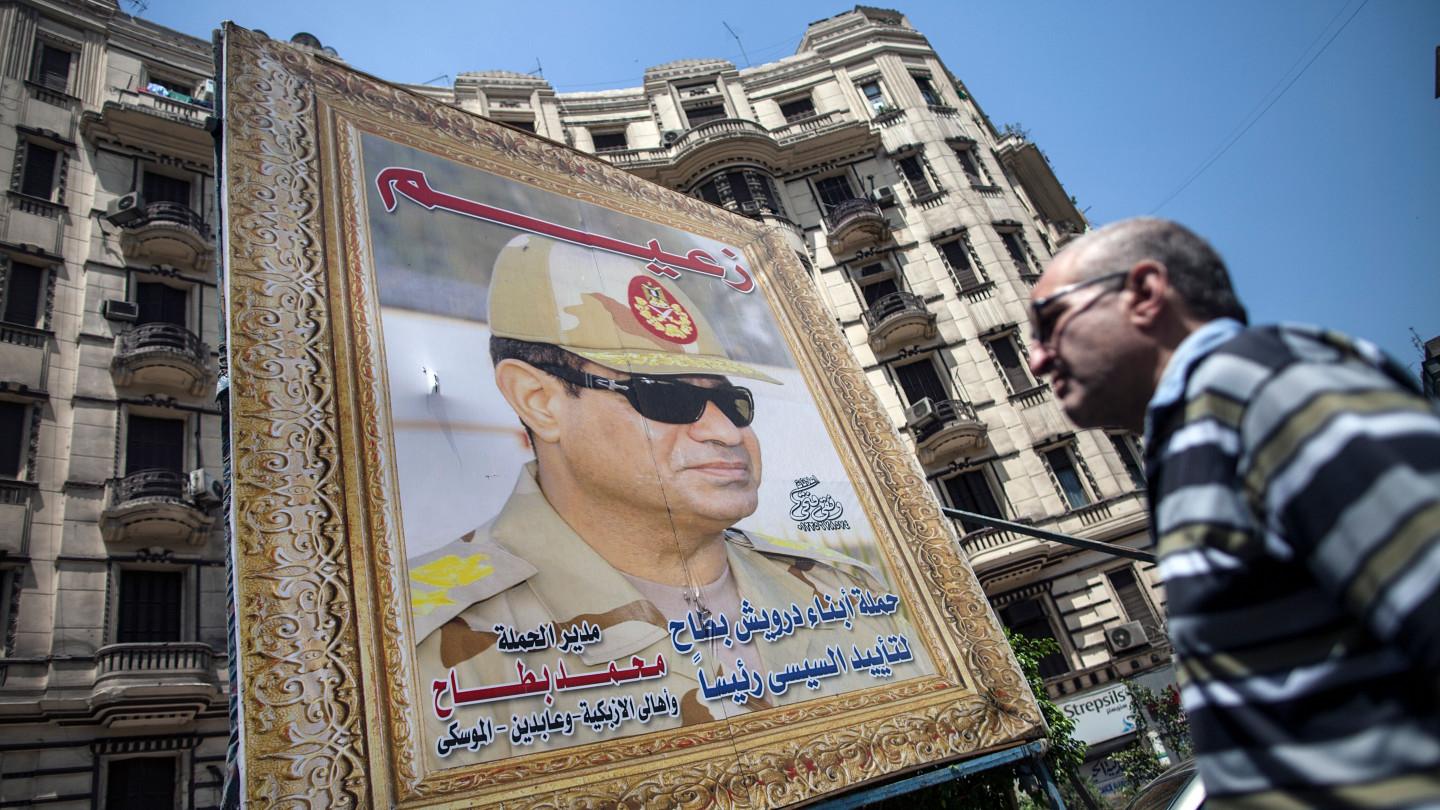
Egypt’s cautious approach to rapprochement with Iran
Over the past three months, observers have speculated about the restoration of ties between Egypt and Iran.
For many, it seemed logical for the Egyptian regime of President Abdel-Fattah al-Sisi to follow the Saudi example and restore ties with Tehran.
In March, Riyadh resumed ties with Iran after a seven-year rift in a deal brokered by China.
Nevertheless, it seems Sisi has been playing it safe as to any future rapprochement, after over four decades of strenuous ties.
In recent months, talks were held between Egyptian and Iranian security officials and diplomats, sponsored mainly by Iraq, to re-establish official ties between Cairo and Tehran.
However, at a time when the Iranian side publically welcomed the ongoing mediations of Iraq, and Oman, the Egyptian side has not been publically decisive about the matter.
“Sisi did not follow the footsteps of his ally and benefactor – the de facto leader of Saudi Arabia Crown Prince and Prime Minister Mohamed Bin Salman – at a time his state needed the help of the Gulf country and its neighbours the most amid an economic crisis,” an Egyptian political analyst, who wished to remain anonymous, told The New Arab.
For Egypt, Iran is a security threat known for aiding Islamist and militant groups of concern to Cairo, including Hezbollah, Hamas, Islamic Jihad, and others.
“The Egyptian regime under Sisi has been concerned about Iranian interference in Egypt’s internal affairs in specific and the region in general, through supporting Islamist groups such as the Muslim Brotherhood, designated an illegal group in the country since 2014 and leading a proxy war in Yemen through the Houthis and supporting Shia factions in Syria and Iraq,” the analyst explained.
Egypt and Iran had briefly restored ties over a decade ago. Following the election of the Muslim Brotherhood’s Mohammed Morsi as Egyptian president, the country’s first-ever democratically elected leader, in June 2012, ties improved substantially for a period.
Morsi visited Tehran in August 2012, becoming the first Egyptian leader to visit Iran since the end of the Shah’s reign. While he declared his opposition to Iran’s ally Syrian President Bashar al-Assad for brutally crushing the uprising against his rule, the visit was nevertheless a success.
He and then-Iranian President Mahmoud Ahmadinejad even agreed to reopen embassies in each other’s capitals.
Ahmadinejad reciprocated by visiting Cairo in February 2013. The next month, direct flights were established between Tehran and Cairo, another first since the Iranian Revolution.
Israel’s objection to Egypt being an ally of Iran could be another stumbling block to the reconciliation process given Tehran’s nuclear programme, the sanctions imposed on it by the US, and its enmity with Tel Aviv, with whom Egypt has a peace treaty.
Tehran’s relations with Cairo have been fraught since the ousting of Iran’s Shah Mohammad Reza Pahlavi in the 1979 Islamic revolution and Egypt’s peace treaty with Israel the same year, making it the only Arab country that has not had an embassy in Tehran since that period.
The Shah’s subsequent refuge in Egypt, then under the rule of President Anwar Sadat, worsened relations. Mohammad Reza Pahlavi died in 1980 in Egypt, where he is buried.
Currently, only a Chargé d’Affaires represents the diplomatic missions in both countries.
“That’s why, most likely, the first rational step in the future of Cairo-Tehran ties will be a proper diplomatic representation through the reopening of embassies,” the analyst explained.
Phobia of Shiism
Another factor that may have impeded the Iranian-Egyptian rapprochement for so long is the fear held by successive Egyptian regimes about the spread of Shiism in Sunni-dominated Egypt, despite the fact the religious minority has been marginalised and persecuted in the country for decades.
“Neither Egyptian Sunnis who embraced Shiism reached a number justifying these unreasonable fears, nor were the country’s Shiites ever allowed to practice their rituals and creed freely in public,” another analyst, specialised in Iranian affairs, told TNA.
Both Egypt and Iran are significant regional players and can heavily influence the future of the entire region. Egypt, because it is the most populous Sunni Arab country and home of Al-Azhar, the world’s oldest Sunni institution, and Iran, due to being the world’s most prominent Shia Muslim country.
“Those afraid of the spread of Shiism should bear in mind that almost 12 per cent of the Saudi population follow the Shia doctrine,” the analyst said.
Source: newarab





